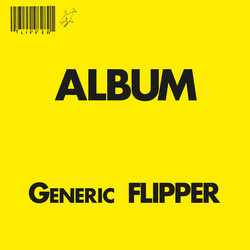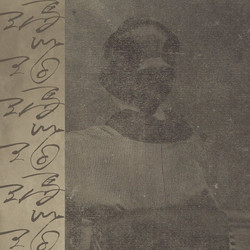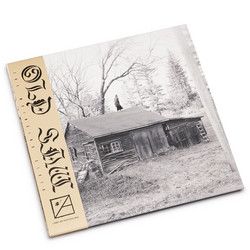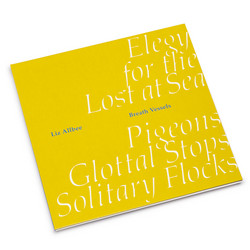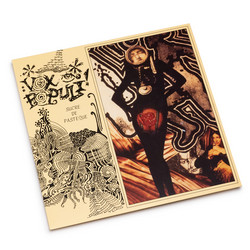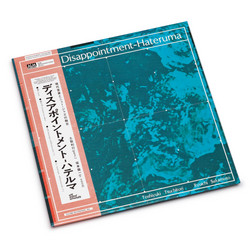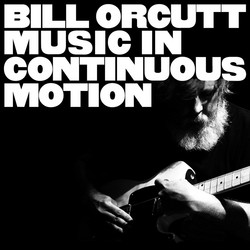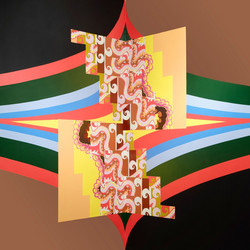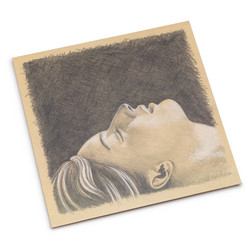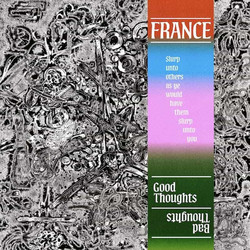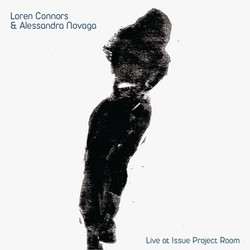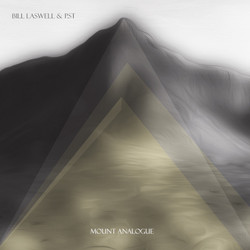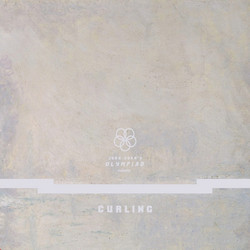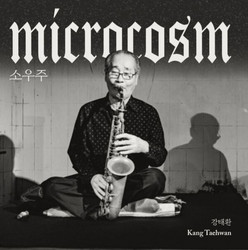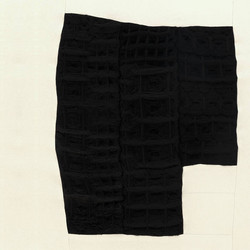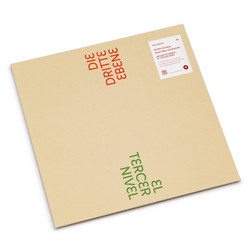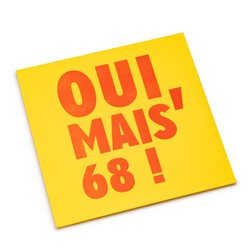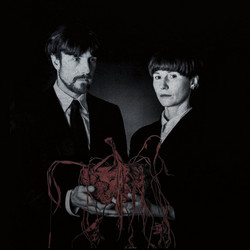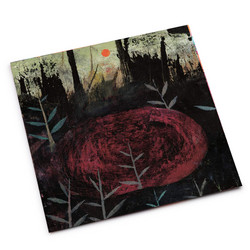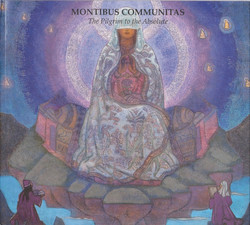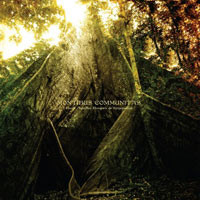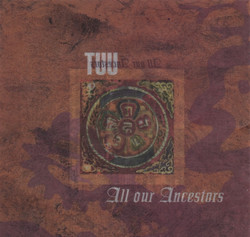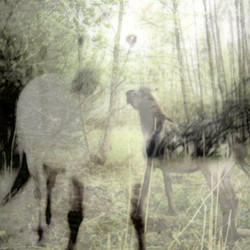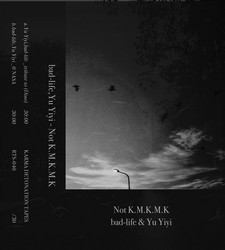Montibus Communitas
The Pilgrim To The Absolute
“The absolute works together with the relative, like two arrows meeting in mid-air.” So wrote Chinese Zen ancestor Shitou Xiqian, in an eighth century poem known as “The Sandokai” – or “The Identity of Relative and Absolute.” There’s more than a faint echo of Shitou’s ancient words reverberating throughout “The Pilgrim to the Absolute,” an essentially wordless but highly communicative new album from the Peruvian sound collective known as Montibus Communitas. It’s an echo that signals the merging of difference and unity, that signals encounters with illusion and enlightenment… that signals an album bathed in dark, distinguished, headphone-drone bliss of the highest order. The forty-four minute pilgrimage presented by Montibus Communitas is nothing if not clear in its intentions. Each of the album’s six songs – from the slow, shining “The Pilgrim Under Stars” to the album-ending title track – is a chapter in which we find the titular pilgrim (which is the band, which is the listener, which is everything at once) on another stage of this massive, mesmerizing, metaphysical road trip. Heavy, heady, be-here-now stuff, right? Without question. Yet the unmistakable, unhesitating headlong dive into the spiritual stream that is “The Pilgrim to the Absolute” yields a result that’s never stoic or sterile. Constantly evolving both in their membership and use of musical instruments – and often within the span of a single song, the sound of a pilgrimage within a pilgrimage – Montibus Communitas is exceptionally alive and vibrant, an ever-flowing stream of sound that may include the birds singing, the stars shining, laughter, the lighting of a smoke, or a band member getting up to grab a beer, mid-mind-melting raga-roll freakout. What Montibus Communitas offer is nothing less (and nothing more) than a spiritual, ambient-art, high-altitude, altered-state, improvisational sonic prayer that’s equally human and down-to-earth (which is floating in space). After all, shouldn’t taking “The Pilgrim to the Absolute” mean a journey where we encounter everything? Or, back to the words of Shitou in the eighth-century, “Ordinary life fits the Absolute as a box and its lid.”
